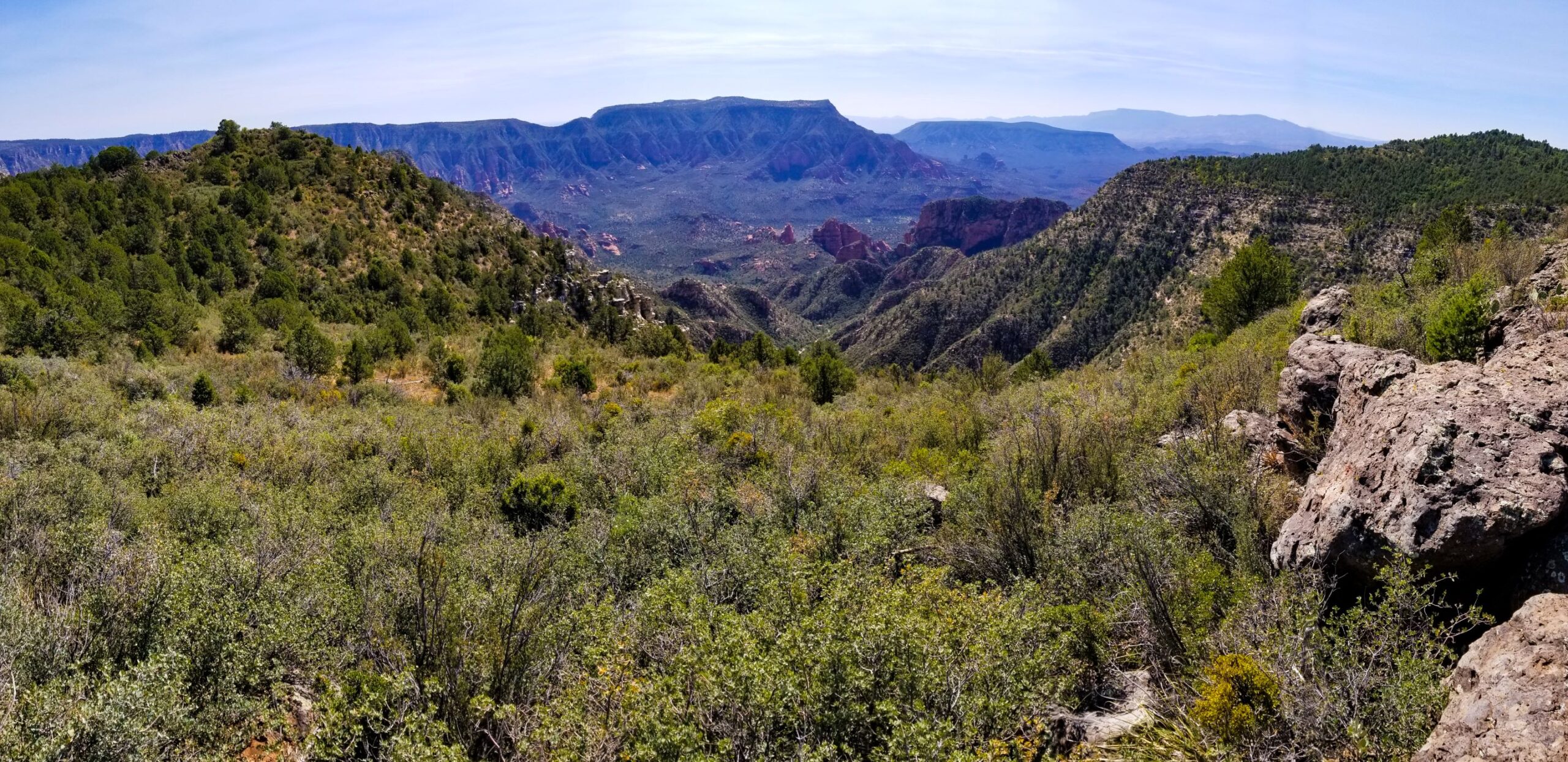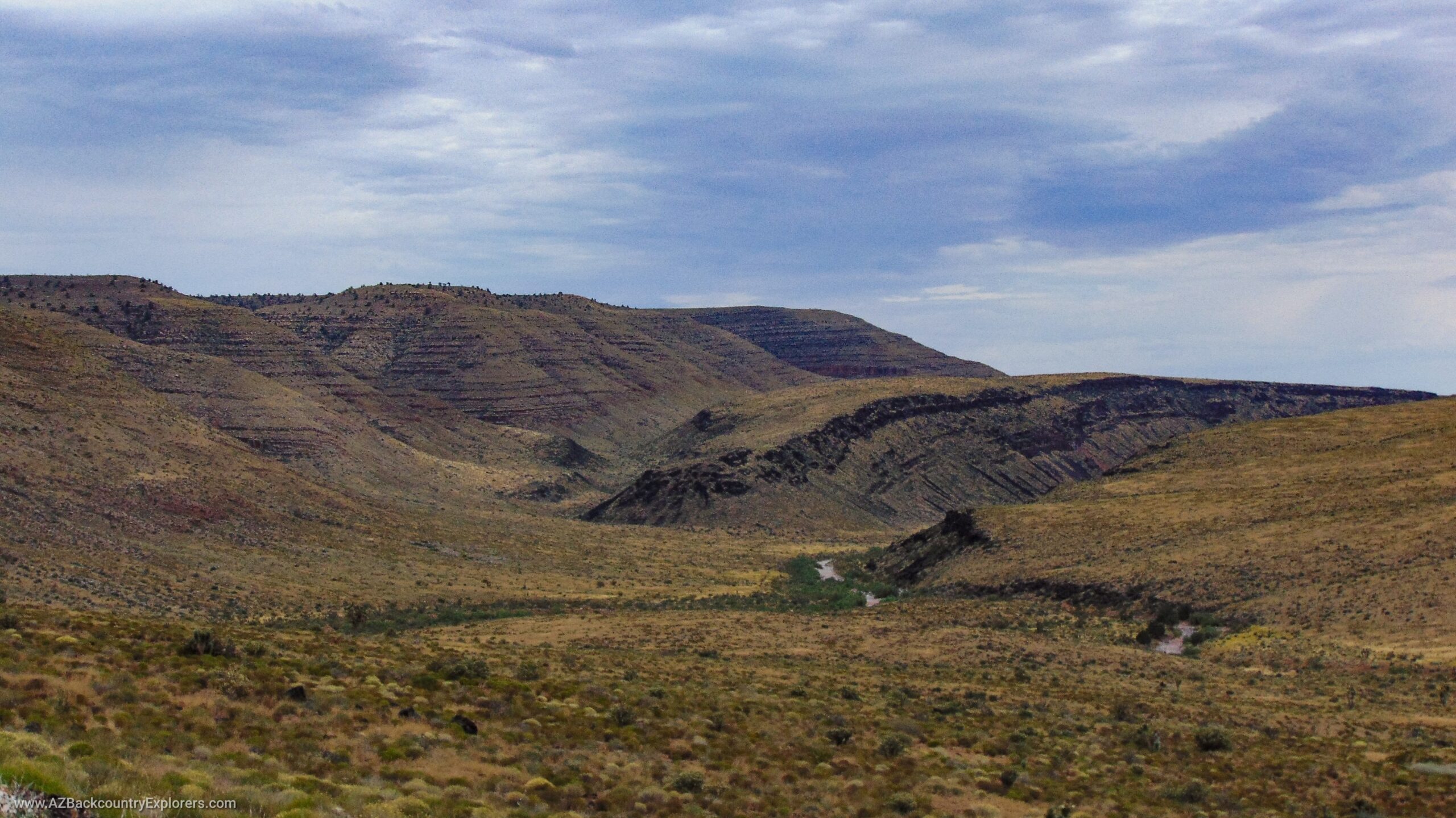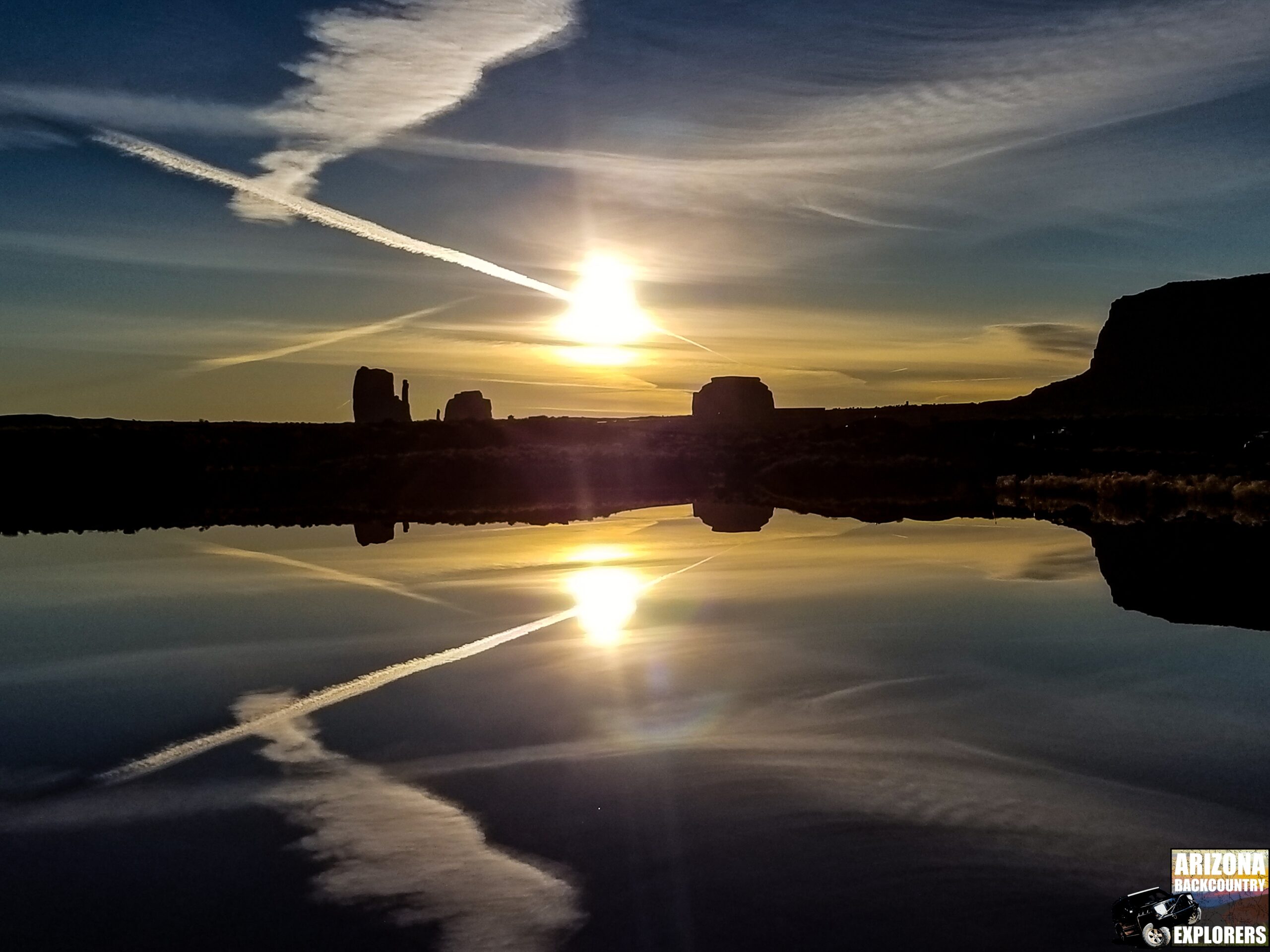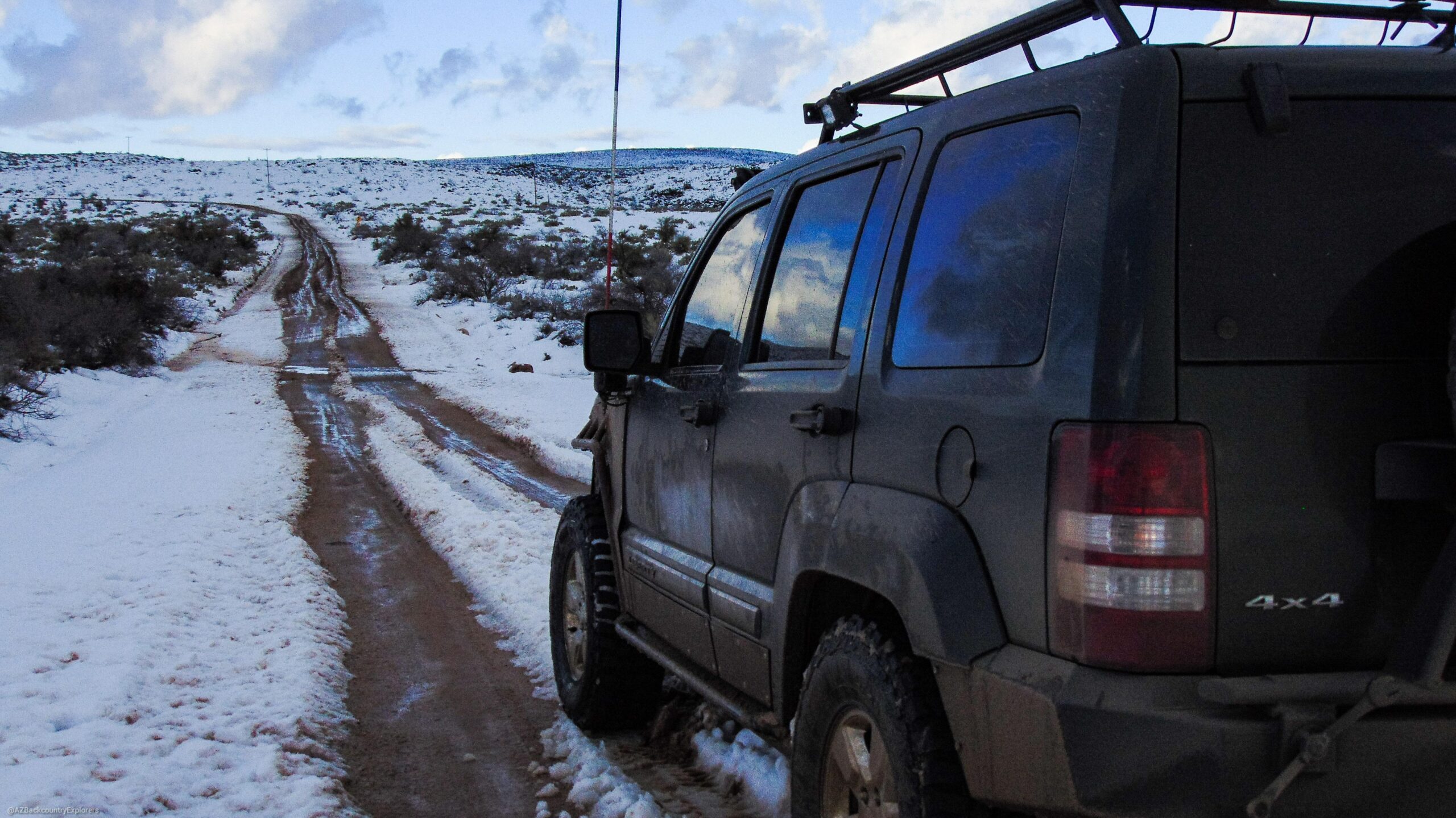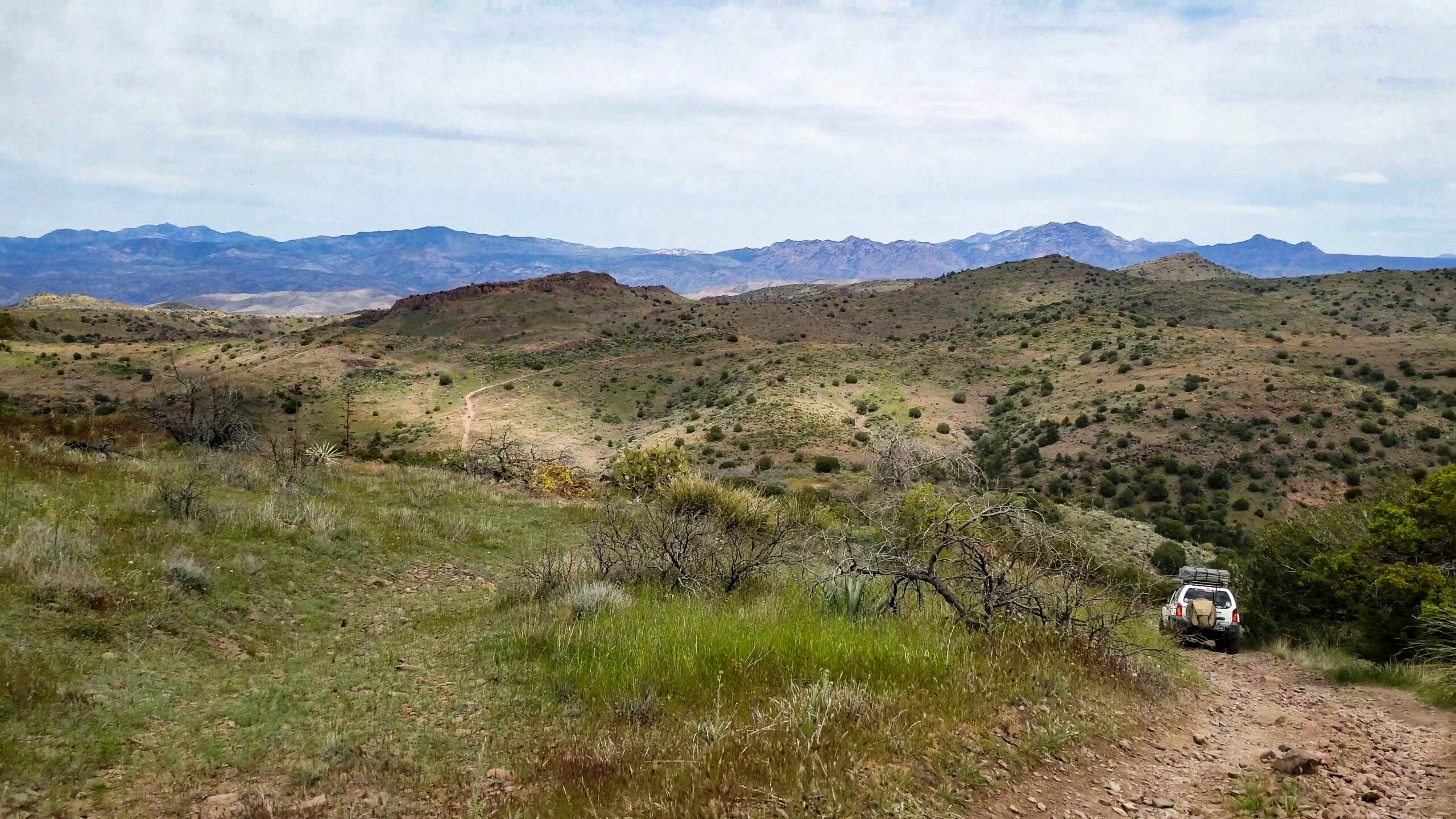Your cart is currently empty!
Posted in
In recent years, a disturbing trend has emerged that threatens to undermine public control over U.S. public lands: corporate entities and institutional investors are quietly taking control of how these lands are managed. Under the guise of environmental stewardship, federal land managers, Congress, and even agencies with no direct responsibility for public lands have introduced or supported policies that shift decision-making power from public forums to corporate boardrooms. This shift is being carried out through a new framework known as the System of Economic Environmental Decisions, a plan that seeks to monetize natural processes—such as photosynthesis, pollination, and biodiversity—on an unprecedented scale.
If fully implemented, this system would allow institutional investors and corporate elites to cash in on an estimated $100 trillion of existing and future ecosystem services within the United States. It commodifies the very elements of nature that sustain life—turning them into tradable assets for financial gain, rather than public goods to be protected for the common welfare. Worse, this scheme hands control of these vital natural resources to global investors, prioritizing financial returns over public interest and environmental protection.
The Monetization of Nature. Selling Off Our Common Heritage
The essence of this new scheme is the transformation of ecosystem services into commodities that can be bought, sold, and traded by corporations. Ecosystem services include fundamental natural processes like photosynthesis, water purification, carbon sequestration, and pollination, as well as recreational resources like public lands, wildlife habitats, and natural vistas. These processes and resources have always been understood as public goods—things that nature provides freely, benefiting all people equally.
Under the System of Economic Environmental Decisions, however, these services are being assigned monetary values, creating what are known as Ecosystem Performance Rights. These rights grant corporations and institutional investors exclusive control over the financial returns generated by these natural processes, essentially privatizing the benefits that were once shared by all. Corporate elites are now being handed control of vital resources, undercutting local communities, conservationists, and the public at large, while cashing in on the natural wealth of the United States.
Restrictions on Land Use and the Emergence of Compensatory Credits
The practical impacts of this corporate takeover are already being felt. Restrictions on public access to motorized recreation, camping, mining, grazing, and water rights are being put in place under the justification of “protecting” ecosystem services. However, these restrictions often do not apply to the industries and developers who are responsible for much of the environmental degradation in the first place. Instead, polluting industries and developers are being given a free pass in exchange for purchasing compensatory credits from conservation banks.
These compensatory credits allow corporations to offset their environmental impact—whether through land development, pollution, or resource extraction—by buying credits from conservation banks. It’s a “pay-to-play” system, where industries can pollute at will as long as they purchase enough credits to cover their environmental damage. In essence, this system allows corporations to continue harmful practices, while publicly-controlled lands are closed off to everyday Americans. The environment is commodified, and the public is left with fewer rights and access to lands that have been part of our national heritage for generations.
Natural Capital Accounting. A Framework for Privatization
Central to this plan is the concept of Natural Capital Accounting, a system for quantifying the monetary value of ecosystem services and incorporating those values into federal policy and budgeting. This framework is gaining traction in the U.S. following the signing of Executive Order 14072 by President Biden on Earth Day in 2022. The executive order integrates Natural Capital Accounting into federal decision-making and has been described as complementing initiatives like America The Beautiful, the National Nature Assessment, and the Climate Adaptation and Resilience Plans.
The Department of the Interior’s National Strategy to Develop Statistics for Environmental Economic Decisions, released in January 2023, further cements this approach by integrating a system of natural capital accounts into the broader system of national economic accounts. This step effectively places U.S. public lands on the hook for the nation’s debt, allowing natural resources to be treated as financial assets in national accounting.
While the language of these initiatives often speaks of “preservation” and “conservation,” the reality is more troubling. By commodifying ecosystem services, these policies are creating pathways for global investors to speculate on public lands. Natural Capital Accounting doesn’t just place a monetary value on nature—it transforms these values into financial products that can be traded on the market, just like stocks or bonds.
Global Influence. The United Nations and SEEA
The roots of this trend extend beyond the United States, as the System of Environmental Economic Accounting (SEEA), a framework developed by the United Nations, has been guiding the development of Natural Capital Accounting since 2008. According to the Department of the Interior, over 90 countries have already adopted SEEA accounts, and similar policies are being implemented worldwide.
The United Nations, alongside environmental organizations and international development agencies, has spearheaded efforts to promote Natural Capital Accounting through projects like the Advancing Natural Capital Accounting (ANCA) initiative. This initiative, funded by the Norwegian Agency for Development Cooperation (NORAD), has piloted Natural Capital Accounting in countries like Chile, Indonesia, and Mexico. As more countries adopt this framework, the commodification of nature becomes an increasingly global phenomenon, opening new opportunities for corporate control over public lands and resources.
Conservation Banking. Privatizing Environmental Responsibility
At the heart of this new model is the creation of Conservation Banks—privately or government-controlled entities that are granted compensatory credits to sell to developers and polluters. These banks represent geographical areas where the ecosystem services are effectively privatized. By selling compensatory credits, they allow developers to bypass environmental regulations that would otherwise limit their activities.
Conservation Banks, while framed as a means to protect ecosystems, are part of a broader privatization strategy. Instead of curbing corporate environmental impact, they institutionalize a system in which companies can buy the right to destroy natural resources, provided they “compensate” for it by purchasing credits. Meanwhile, public lands and local communities are left to deal with the fallout of environmental degradation, all while losing access to these lands.
Natural Asset Corporations. The Ultimate Corporate Control
Perhaps the most alarming development in this scheme is the rise of Natural Asset Corporations—publicly traded companies that hold exclusive rights to the performance of ecosystem services. These corporations are given control over vast tracts of public lands and resources, allowing them to profit directly from the financial value of nature.
In effect, Natural Asset Corporations transform the environment into a corporate asset. The air we breathe, the water we drink, and the ecosystems we depend on are reduced to numbers on a balance sheet, controlled by the financial interests of shareholders rather than the public good.
The Corporate Threat to Public Lands
What we are witnessing is a fundamental shift in the way public lands are managed—a shift that favors corporate interests over public welfare. Through Natural Capital Accounting, compensatory credit schemes, and the rise of Natural Asset Corporations, the future of America’s public lands is being auctioned off to the highest bidder. The public, meanwhile, is left with diminished access, fewer rights, and the stark reality that the natural processes that sustain life are now for sale.
This isn’t just about land management; it’s about the transfer of power from the people to the corporate elite. Public lands belong to all of us—not just those with the financial resources to exploit them for profit. We must remain vigilant, speak out against these policies, and fight to ensure that our natural heritage remains a public good, not a private commodity.
Tags:
You may also like…

Visit the AZBackroads.com Store
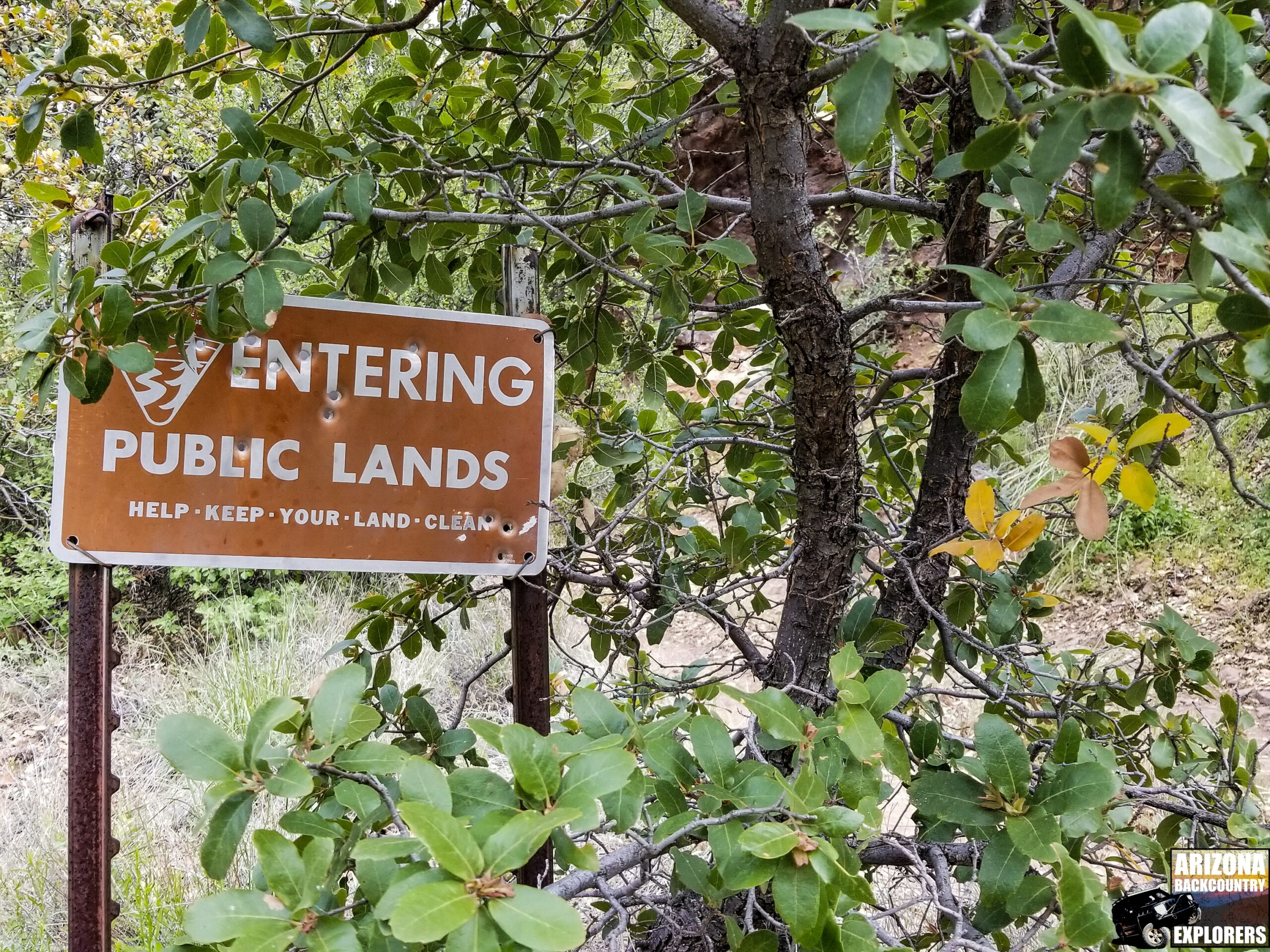
Please Become A Member
We need your help to keep our backroads open. Please join today!
